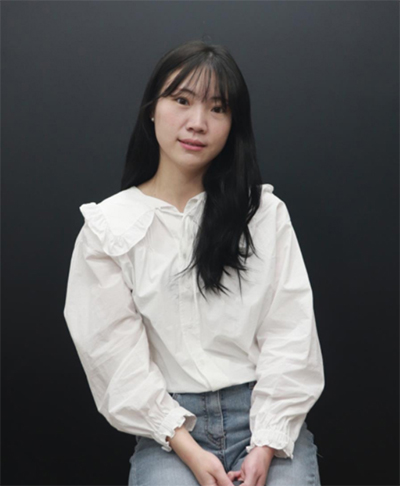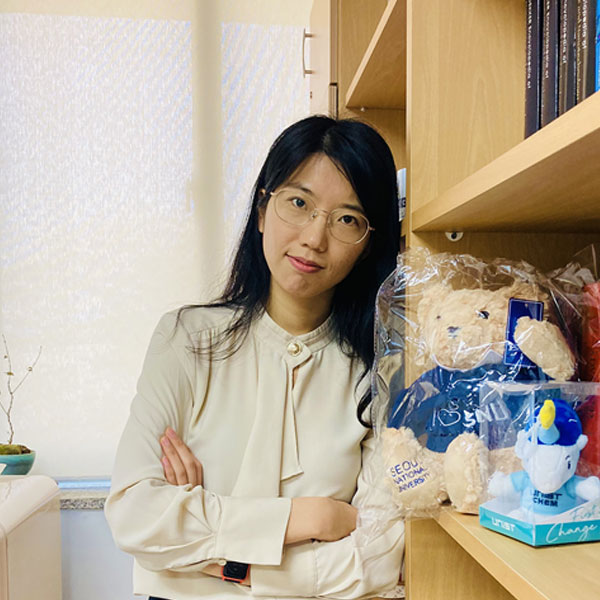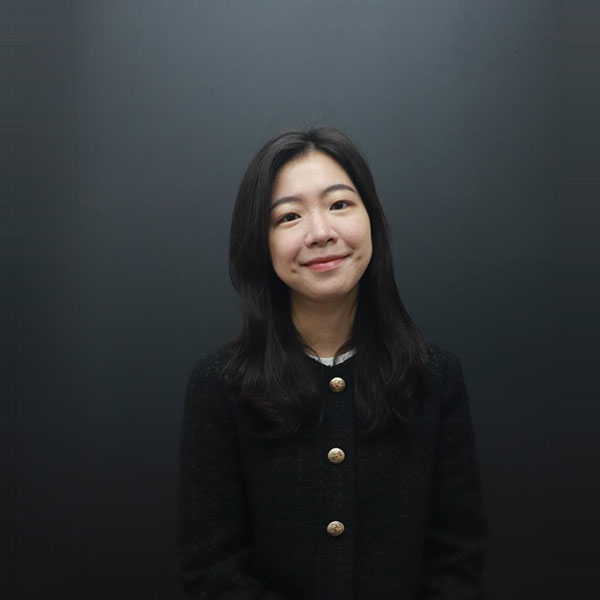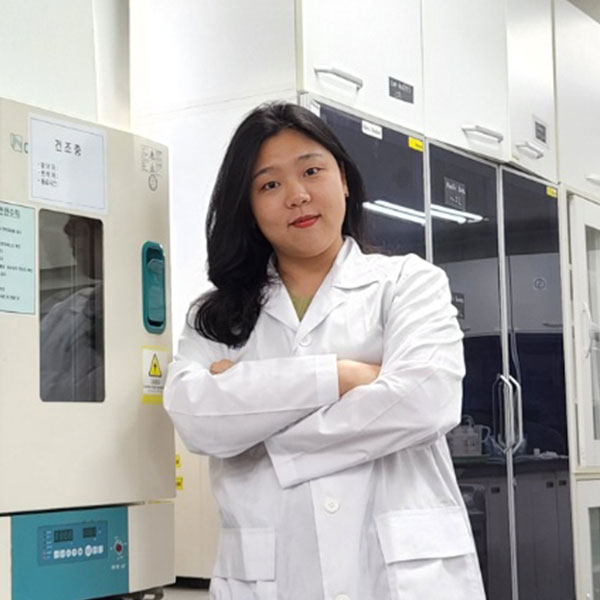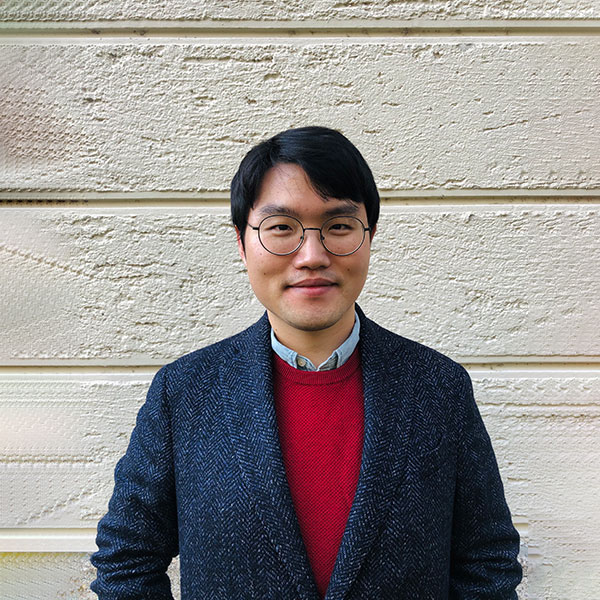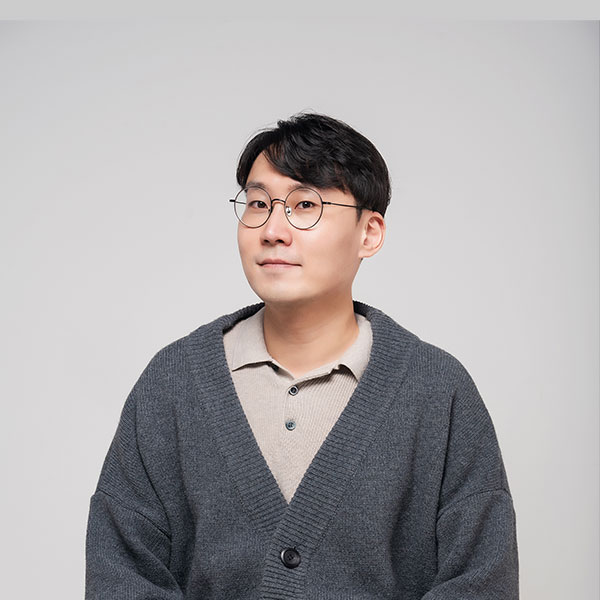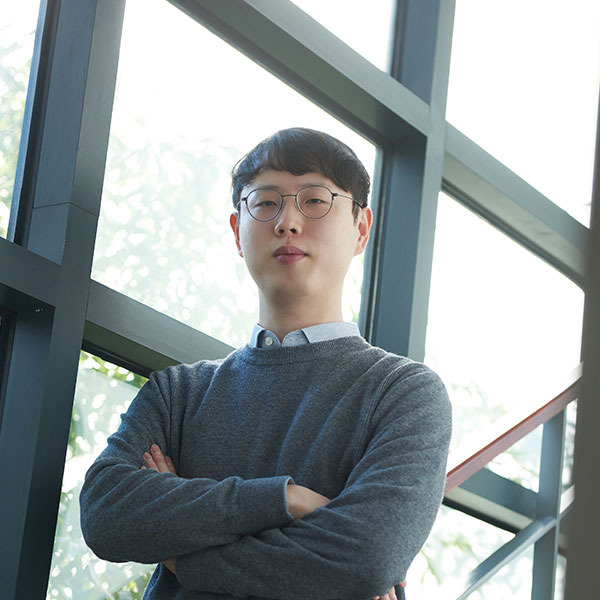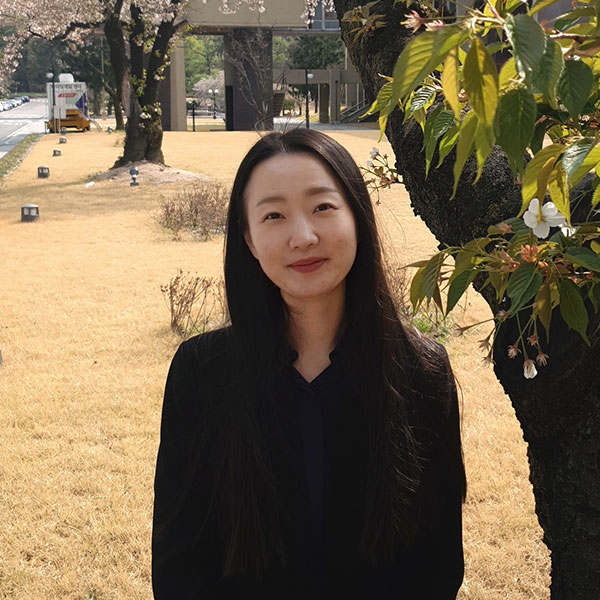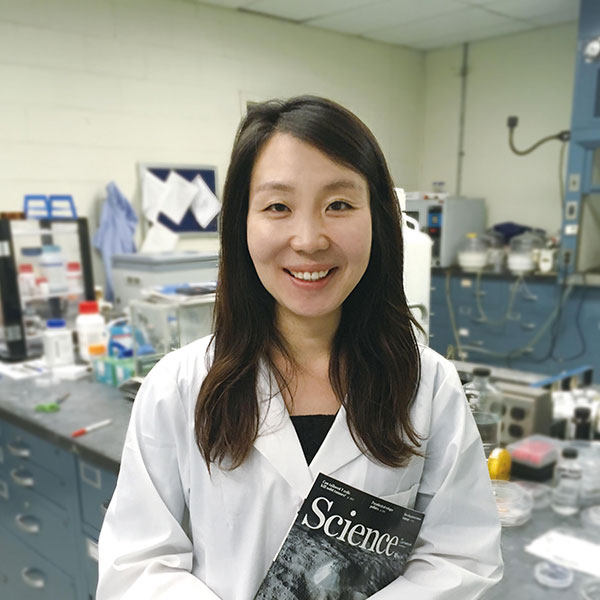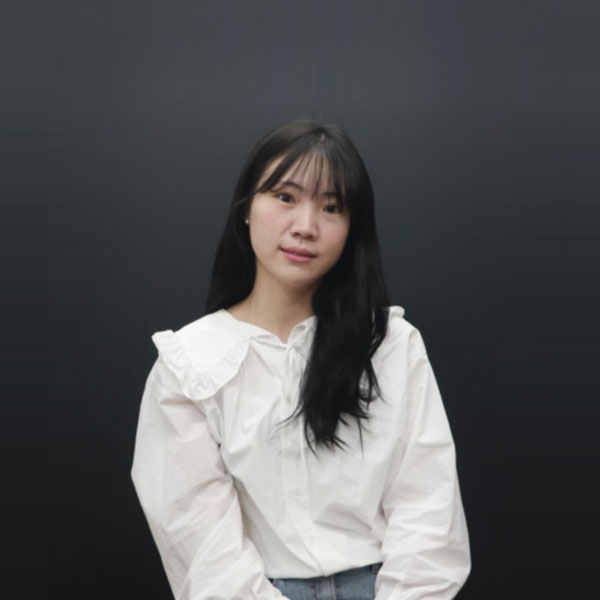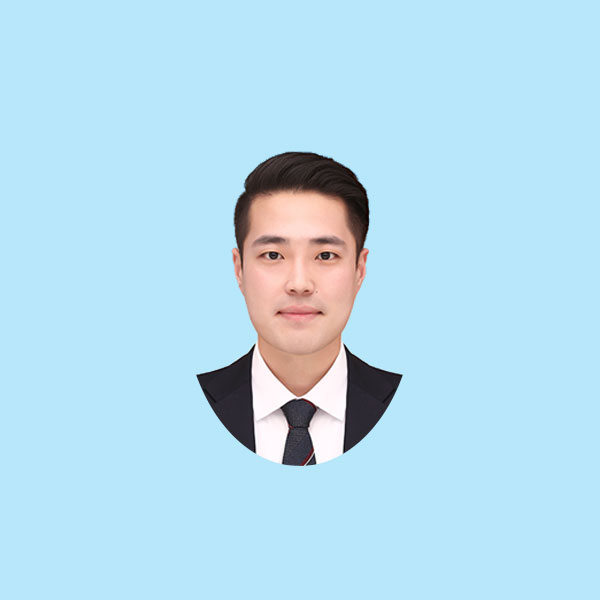What do you think are the strengths of UNIST Chemistry?
I think the strengths of the Department of Chemistry at UNIST are its excellent faculty and laboratory environment. There are excellent professors in various fields such as inorganic, organic, and physical chemistry. For this reason, one of the advantages is that it is possible to collaborate freely within the Department of Chemistry at UNIST. In addition, another advantage is an environment where we can freely conduct our desired research as it is equipped with excellent high-tech equipment.
What was the most difficult part during your degree and how did you overcome?
I think the anxiety that comes from uncertainty was one of the difficult points. I’ve had a lot of failures before I published my first paper. Whenever that happened, there were times when I couldn’t concentrate on my research due to anxiety, “Will this experiment succeed?” and “What if it doesn’t work out?”. To overcome this, I tried to discuss as much as possible with my advisor, Professor Wonyoung Choe. Through conversation, I was able to overcome difficult times by receiving feedback on how meaningful my research is and the direction of my research.
What do you currently do after graduation?
I’m working at Samsung electro-mechanics as a researcher. I’m conducting research on the development of analysis technology for ceramic materials-based electronic products and the investigation of product defect mechanisms. I promoted planning of new analysis technology and introduction of new in-house equipment.
What is the most rewarding and happiest moment in your career?
I feel the most rewarding when a new analytical method that I developed helps to solve a difficult problem or helps in the direction of R&D. Personally, I have been working on a project in a research field that is far from my PhD research, and I feel very rewarding when I get the results one by one, which were initially vague.
Do you have any long-term goal or dream?
As a member of the development team, I was able to learn how lab-scale research is applied to the commercialization process of the product. In the future, I would like to experience a job that suggests the direction of R&D and establishes a strategy. Furthermore, my goal is to contribute to the development of new products that can provide new value to customers.
As a UNIST graduate, what advice would you give to students?
Most graduate students want good results. Of course, performance is important, but I think it’s more important to clearly set the goals you want to achieve in your Ph.D. program. Rather than comparing yourself to others, I recommend you to create your own story by gaining various experiences. If you gain a lot of experience of failure during your degree course and successful experience of overcoming that failure, I think you can succeed wherever you are.
- Jin Yeong Kim
- (Ph.D.
- 2019)
Assistant Professor in Seoul National University
